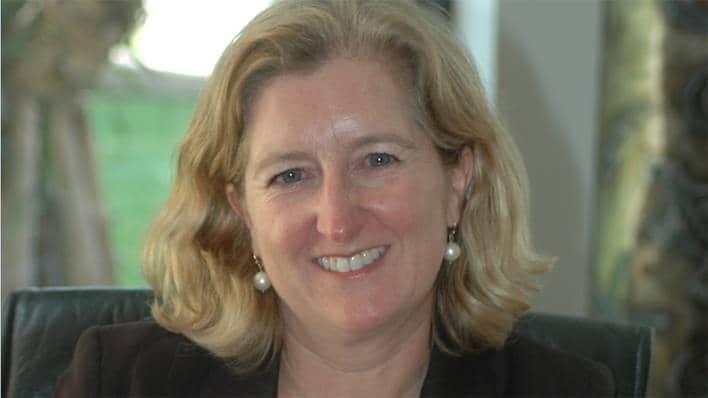
Improving lives in Africa
Susan Payne is leading a unique collaboration between Barclays and healthcare company GSK to transform lives in Africa
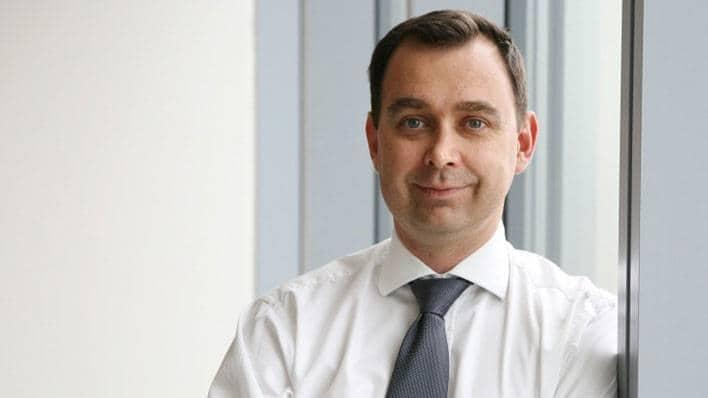
'The sharing economy' is one of the hottest topics in the business world, but do we really understand what the term means? Ian Rand, CEO of Business Banking at Barclays, believes it’s time for a new definition based on mutual success and growth.
Banks have been on a long journey. It started more than 300 years ago in the coffee shops of Lombard Street when they began ‘matching’ suppliers with consumers, buyers with sellers, importers with exporters, and – crucially – those who had capital they wanted a return on, and those who wanted to use that capital.
When you look at the recently emerged ‘sharing economy’ tech superstars like Uber or Airbnb, their businesses share many of the same themes of the early banks. They take a commodity, such as time in a car or a room to stay in, and provide a new way of matching it with someone who wants to use, and pay for, that commodity. Their technology is the facilitator of that ‘matching’, and the fact we all now have smartphones makes these ‘commodities’ instantly tradable for the first time.
It feels revolutionary at face value, but is it really delivering the sharing economy that promises so much?
Instead I think that what Barclays is doing provides a better example of how even 300-plus-year-old businesses can truly deliver the sharing economy. Barclays does far more than just ‘match’, going well beyond what was seen as our traditional role. We know that we can only thrive as a business if we also support others to grow and invest, and support the broader economy.
In retail banking, we go beyond just taking people who have deposits and matching them with people who want a mortgage, for example. We also educate people in financial literacy, help them to become digitally savvy, help with their life skills, with their employment skills and with their money skills. If we can improve those things across society, it will be good for communities and individuals, as well as for Barclays.
The work we do with entrepreneurs in Rise and other accelerators is about helping every company. It’s not just about the sharing of capital and ideas, but helping those businesses grow – even if those businesses bank with a competitor. As they grow, they will employ more people, some of whom will be Barclays customers, or have suppliers who bank with us. So overall, everyone benefits.
I have seen many other examples around the country of long-standing and perhaps ‘low tech’ companies that truly demonstrate the sharing economy. So I don’t just think of start-ups when I think about the sharing economy. I think of the 100-year-old Midlands engineering firm that is stretching itself to provide more apprentice places, knowing that some will later work for competitors. I think of those businesses that seek to employ those at the edge of society, even at greater costs to themselves.
We need a different definition.
Bringing together buyers and sellers in new and innovative ways is fantastic, but let’s call that what it is: the ‘matching economy’.
Businesses that are truly participating in the sharing economy do much more than that: they strive to genuinely drive the growth of their community and economy – beyond their corporate borders.
It will be interesting to watch the new technology giants evolve in the coming years. Will they – perhaps like the banks – take time to move from matching to truly sharing? Or will they leverage the enormous power they have, to truly drive economic and social growth in their communities?
I believe that when you look at what Barclays really does for people, businesses and communities, we set a strong standard for what the sharing economy can, and should, be, by helping to create growth and prosperity, both within our client base and beyond.
So maybe this is the question that businesses who want to be part of the ‘sharing economy’ should ask themselves – are you really sharing, or just matching?

Susan Payne is leading a unique collaboration between Barclays and healthcare company GSK to transform lives in Africa
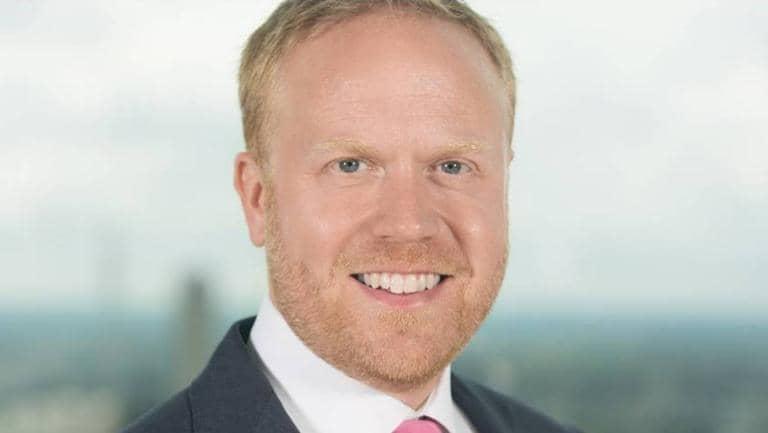
James Allan has worked for Barclays for more than 15 years in a variety of roles, recently heading up UK Cash Management for the Corporate Bank
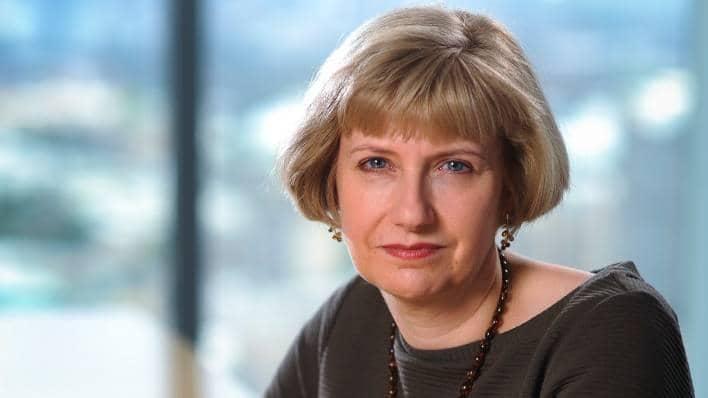
Wendy Papworth is Director for Diversity & Inclusion (D&I) and also leads Barclays’ group-wide focus on the gender agenda
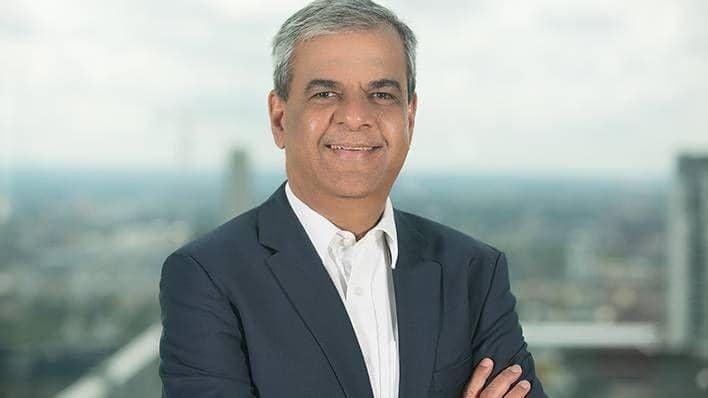
Growing up, if I wanted to speak to someone I would meet them face to face; if I needed to learn something, I would ask someone or look it up in a book; and when I needed to get somewhere new, I would use a map to navigate myself